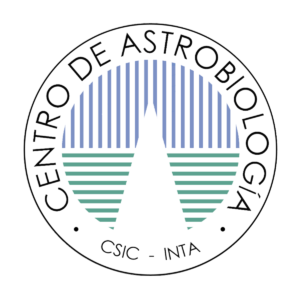Fernando Puente-Sanchez, Sanna Olsson, Manuel Gomez-Rodriguez, Virginia Souza-Egipsy, Maria Altamirano-Jeschke, Ricardo Amils, Victor Parro, Angeles Aguilera. 2016. Solar Radiation Stress in Natural Acidophilic Biofilms of Euglena mutabilis Revealed by Metatranscriptomics and PAM Fluorometry. Protist 167, 1, 67-81, DOI: 10.1016/j.protis.2015.12.003
The daily photosynthetic performance of a natural biofilm of the extreme acidophilic Euglena mutabilis from Rio Tinto (SW, Spain) under full solar radiation was analyzed by means of pulse amplitude-modulated (PAM) fluorescence measurements and metatrascriptomic analysis. Natural E. mutabilis biofilms undergo large-scale transcriptomic reprogramming during midday due to a dynamic photoinhibition and solar radiation stress. Photoinhibition is due to UV radiation and not to light intensity, as revealed by PAM fluorometry analysis. In order to minimize the negative effects of solar radiation, our data supports the presence of a circadian rhythm in this euglenophyte that increases their opportunity to survive. Differential gene expression throughout the day (at 12: 00, 20: 00 and night) was monitored by massive Illumina parallel sequencing of metatranscriptomic libraries. The transcription pattern was altered in genes involved in Photosystem II stability and repair, UV damaged DNA repair, non-photochemical quenching and oxidative stress, supporting the photoinhibition detected by PAM fluorometry at midday. (C) 2016 Elsevier GmbH. All rights reserved.






